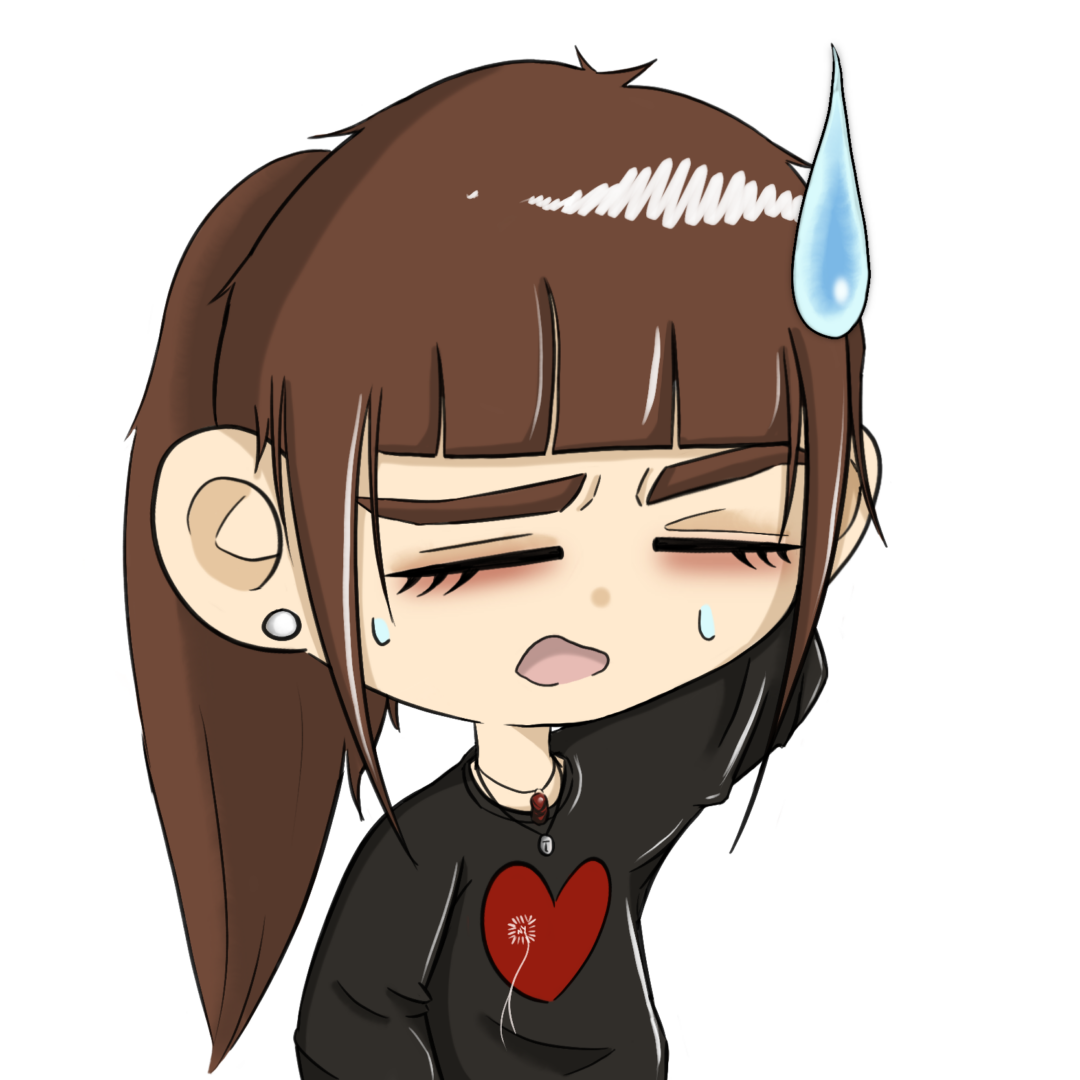We recently had the chance to connect with Ian Kirkpatrick and have shared our conversation below.
Good morning Ian, we’re so happy to have you here with us and we’d love to explore your story and how you think about life and legacy and so much more. So let’s start with a question we often ask: What do you think others are secretly struggling with—but never say?
I think one of the biggest things many people struggle with is self-image, how they relate to others, and how they feel about themselves. You might have all the affirmation in the world from your family and friends, but if you think you’re garbage, none of what they say will matter because you trust what you feel more than what they say. On top of that, if you feel so poorly about yourself, you are not likely to say anything to anyone because why would you? You think you’re garbage, why would anyone care about you? This turns into the spiral of pulling away from others to sit by yourself with your own thoughts swirling around in the quiet, and you believe anything you tell yourself.
If all you ever hear then is you telling yourself how worthless you are because you pulled away from all the people who told you otherwise, you’ll sink deeper and deeper into this psychosis or belief, feeling worse about yourself, and the deeper you go, the less likely you are to seek help,
After all, if you don’t think you’re worth helping, why would you ask anyone for help? You pulled away from everyone who loves you already because you didn’t believe it.
Can you briefly introduce yourself and share what makes you or your brand unique?
My name’s Ian Kirkpatrick. I’m an author first and foremost and the owner of Steak House Books. The whole thing was a pun, focusing on stories that are rare and well-done. It’s silly really, but I also can’t help puns.
My background and interests add to my writing, I think. I have a big interest in people, observing behaviors and thought patterns and learning why people do what they do in their individual circumstances. I love investigating perspectives, and when I go to tell a story, I try to write those perspectives as honestly as I can. The story might not be the “fun” kind of having a bunch of power. I tend to write about messy people who grow from what they’ve been through. I write a lot about isolation and found family, probably because I have a lot of experience with both those things. It’s the isolation that slips its way into everything I do in different ways though, and I feel like that is very much something I care about and observe in people, and it goes back even to my introductory statement about people.
The isolation, loneliness, self-worth, fear. I think that sort of thing is so dangerous because it’ll go by with no one noticing and you will cycle worse if you are alone. If you look at my stories (both published and unpublished), many of them feature this. And love. Familiar, brotherhood, sisterhood, parenthood, friendship. I don’t want to live in darkness, to write in darkness, but write stories where darkness is not the end.
In Dead End Drive, the house is isolated, Kelly, who is the central character, is alienated from the others who live in the house by virtue of both being a teenager while everyone around him are adults. He’s also isolated by the fact he was never treated as a kid, but a pet and lacks many of the normal skills a boy his age should have.
In the Bodymore Series, Joey has become incredibly closed off due to the things she’s experienced and blaming herself for what happened to her parents, her fear she doesn’t want to be abandoned or to hurt others like she believes she’s hurt her parents, so she locks them out emotionally and has a hard time trusting anyone will truly be there for her when they know who she is. Spend enough time around her, get to know her, and they’ll bounce, so she’s aggressive as a defense. They’ll leave her for who they think she is, not who she actually is, and that loneliness is easier to take.
In Bodymore Zero, Ralph is a boy born into bad circumstances, his mother a street prostitute who died an unfortunate death, and he, someone rejected by the city to a supernatural extent as it expels him, saying he doesn’t belong for the type of soul he is.
In Boom, Boom, Boom, Jan is alienated by the fact he does YouTube videos in his small town and no one understands his dreams. He tries to communicate his desire to both entertain and take care of his family better than the hard work that destroyed his father’s health, but his ways are so foreign to his own family, that he doesn’t feel like they understand him.
Finally, to my current project, The Legend of Bill Cassidy, every main character in that novel faces a different form of isolation, The central characters, Ike, Billie, and Tommy are all children of Bill Cassidy and carry around his reputation. They’ve been told since they were kids they carried his sins, and then, after the way their father was hunted, they’re chased by the same man. Additionally, being mixed race in the 1880s set them apart from many others, and is one of the central conflicts for some of them, but especially in the first book as Tommy falls in love with the heiress of a gun empire, Marcella Bailey. Her father would never let Marcella marry outside of her race or financial bracket, however, Marcella has such a pure heart and innocent eyes, as she interacts with Tommy, she learns her home was never her home, but a golden cage, and the alienation sets in. Daisy Kearney is a woman unlike the others in her community, wrangling horses and unafraid of getting dirty. She never fit in with the other girls as she didn’t follow social customs and her dad taught her to protect herself against others. She was always the odd girl out, too strange, outlandish, some called her unmannered, but she wore the title in pride and held onto her independence. Then, there’s Ambrose Bierce, a teacher from New York who fled the north for a new life in the south. He always idolized Bill Cassidy and after a tragedy in the family, he found no reason to stay in a place he found didn’t want him, instead choosing to do something daring and move out west for a fresh start.
Other stories of mine include Cain/abel, which is a fictional inspired by Jeffrey Dahmer’s life to show how isolation infected the mind. Then, I have sci-fi story on the back burner about a couple of aliens who lose their home in a war against their people, find each other, and are now alone in the galaxy, seeking to find any other scattered of their sort and rebuild, but facing that loneliness of their community-driven people and home just being gone.
So what makes my work special? I’d just say my approach. Not that I’m the only person writing these things, but no one else is writing them like me, just like I can’t write stories like anyone else. When you read my work or hear my thoughts, you’re only getting the perspective I have from my experiences, and observations and education. I hope it’s valuable, I hope it’s entertaining.
The one thing I try to maintain in every story I write can best be summarized by Sandford Meisner, “Living truthfully under imaginary circumstances.” I hope I can deliver that. I hope I can do justice to the characters who I’m trusted with, and I hope the stories they have to tell mean something to those who give them a chance.
Okay, so here’s a deep one: Who were you before the world told you who you had to be?
I was happier; I was less jaded; hope was easier.
The problem is the world tells you who to be from the day you interact with it. The other problem is, I don’t think I ever listened to it. You have an easier time if you go along with expectations of others and if you don’t do that, well, you’re gearing up to walk alone for a long time, if not forever.
What I mean is I always stood out. I was always not quite right for wherever I was and maybe the world was telling me who to be, and I couldn’t hear them, but I’ve always been contrary to what people expect, and it’s as freeing as it is lonely.
Going back to when I was a small kid, there was a time I snuck out of Sunday school at church to look for the playground. By snuck, I mean I walked out. I was like four or five years old. I wasn’t being cunning. I ended up walking 4-5 miles away looking for the playground and found on the side of the road. I wasn’t welcomed back to childcare after that. I also remember being in children’s Sunday school and holding my stuffed animal I never let go of. I’d sit in the middle of the room by myself and just imagine things. I’d hold him when we were supposed to be singing. The best they could do is get me to stand while holding him.
This pattern continued as I grew up. I was made fun of by my siblings, people at church, and people in playing card shops for the way I looked. I got to university and was told I didn’t belong in the music department because of how I sang. I was younger than all my peers in the theater department, so I never quite clicked with them, being seventeen and they were all over twenty-one. The dean of the theater department said I would never be cast and there was no place for me in theater because I was overweight, then later, in my final term when I was supposed to do an honors project, one professor picked a show where the main female character was fat, but he refused to work with me. I went to graduate school for writing and the first thing my thesis professor said was, “How does it feel to be writing something that will never be published?”’
I’ve got stories from places I’ve worked where I wasn’t the person they wanted me to be. Not that I wasn’t doing my job, but I wasn’t social enough. I was to be replaced for the manager’s boyfriend. I wasn’t the in-law some of my married family wanted, I wasn’t the sibling my brothers or sister wanted. This probably sounds dramatic. I’m probably the one in the wrong if there are all these problems, but what can I say?
I think from the beginning, the world tells you who it wants you to be, or at least suggests it doesn’t like who you are and rejects you if you don’t conform. I don’t think I ever conformed, partially, maybe, because I’m too stupid to know what it wanted me to be, and that’s left me walking alone for a lot of it. Not that I don’t have great friends that I consider family now, but I think when you get used to not fitting in, when you get used to being told you’re wrong, you feel like an alien because you realize you’re always going to be on the outside.
I used to be hopeful that I’d find the people who wanted to love me, but I think I’ve gotten experienced enough, if not just harmed enough by experience, that I don’t know if I can believe that anymore. Some people ask me why I’m not kind to myself. I look at my history and I go, would you be?
Who was I before the world told me who to be? Maybe I had some kind of future. I don’t know.
What have been the defining wounds of your life—and how have you healed them?
After the last two questions, I feel like this one will be obvious. Rejection and abandonment have played very large roles in my life, between work, school, recreation, church, family. I live a life of odd stability and instability. Anything chan change and I ought to be ready for it. I have no roots, no past, no history, and no investment beyond myself.
I mean, family really hits you. When your dad walks out saying he doesn’t care what happens to his kids and would rather see your mother in ruin, kids are just casualties (when he chose a new wife). When he won’t look at you at your sister’s wedding, and you’re the maid of honor. When your oldest brother attempts to pick fights with you, and tries to get you kicked out of your own home for nothing other than he doesn’t like you; when you’re other older brother hates you so much he won’t have a room on the other side of a wall you’d share, when he runs away and threatens to murder the family if he’s found. When your grandfather says you’re disowned over the phone cause his son isn’t married to your mother. When your sister gets married and you’re not the kind of sibling your brother-in-law wanted, so you don’t talk to her much anymore. You’re just a disappointment really.
Unfortunately, I don’t think I’m healed from these wounds. The aftershocks of loss come up regularly in insecurities and fears that every relationship I have will be unstable. All I can do now is cope, and part of coping is moving forward when I’m left behind by someone, not letting it make me bitter, and reminding myself that my perception may not be reality and the way others treats treat me is not the same across the board.
Unfortunately, I often feel like I can only rely on myself, which is good in some cases, but makes the danger of putting up a wall that can’t be penetrated when I really don’t want to be alone, and I hope this isn’t the case since all I’ve wanted for the longest time was a partner I could love and cherish and maybe, hopefully, they’d want me too.
I think our readers would appreciate hearing more about your values and what you think matters in life and career, etc. So our next question is along those lines. What would your closest friends say really matters to you?
People. I think it’s fairly obvious in everything I do, with the stories I tell or the gifts I give or the way I act, I care greatly about people. Having faced as much rejection as I have and the loneliness that goes with it, I try to help others find the power they need in themselves and to know they aren’t alone. I care deeply for the ones in my family, for my friends, and I still want to use my life in general to help others be it on an emotional level or just making the day easier by doing something for them.
At one point, I wanted to be a prison psychologist to help inmates. Don’t have the credentials for that license-wise, but I do have the degree. I want people to succeed; I want them to feel good about themselves; I want them to believe they are capable. Most importantly, I want people to know they are loved, even in times when it might be hard to believe or accept.
Okay, so let’s keep going with one more question that means a lot to us: What will you regret not doing?
Not listening to instinct at times. However, more, not spending as much time with the people I love. I’m trying to change that. I’m trying to get out of the rut I’m in to get a better control of my time and money. I’d love nothing more than to spoil the heck out of the people I love and to take their burdens away. I don’t want to regret that I didn’t follow through on some choices and only got to see them once every two years or in some cases, never met in person some of the people who mean the world to me.
I do not want that to be a regret I carry. I don’t want to miss time with the people I love.
Contact Info:
- Instagram: https://www.instagram.com/@KirkpattieCake
- Twitter: https://www.twitter.com/@KirkpattieCake
- Youtube: https://www.youtube.com/@KirkpattieCake
- Other: https://www.amazon.com/stores/Ian-Kirkpatrick/author/B08DTHFPJ2?isDramIntegrated=true&shoppingPortalEnabled=true&ccs_id=23a554aa-8166-4a24-a9fa-a027f4d1ac75
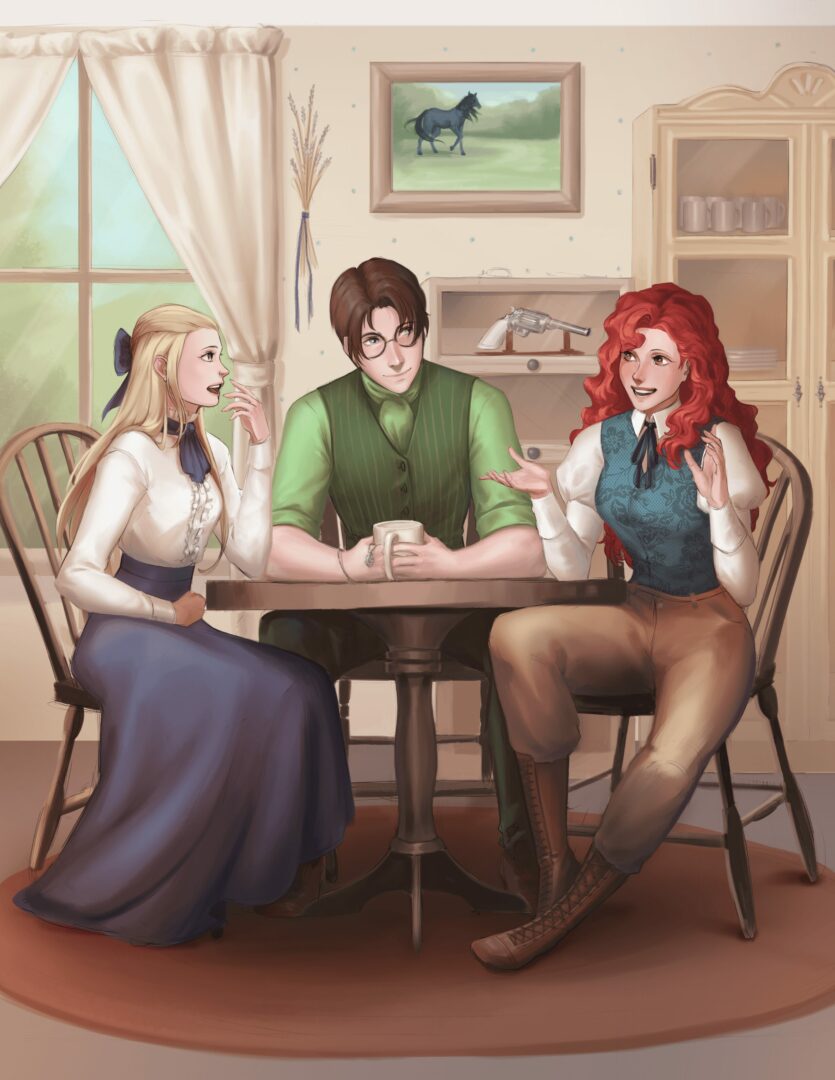
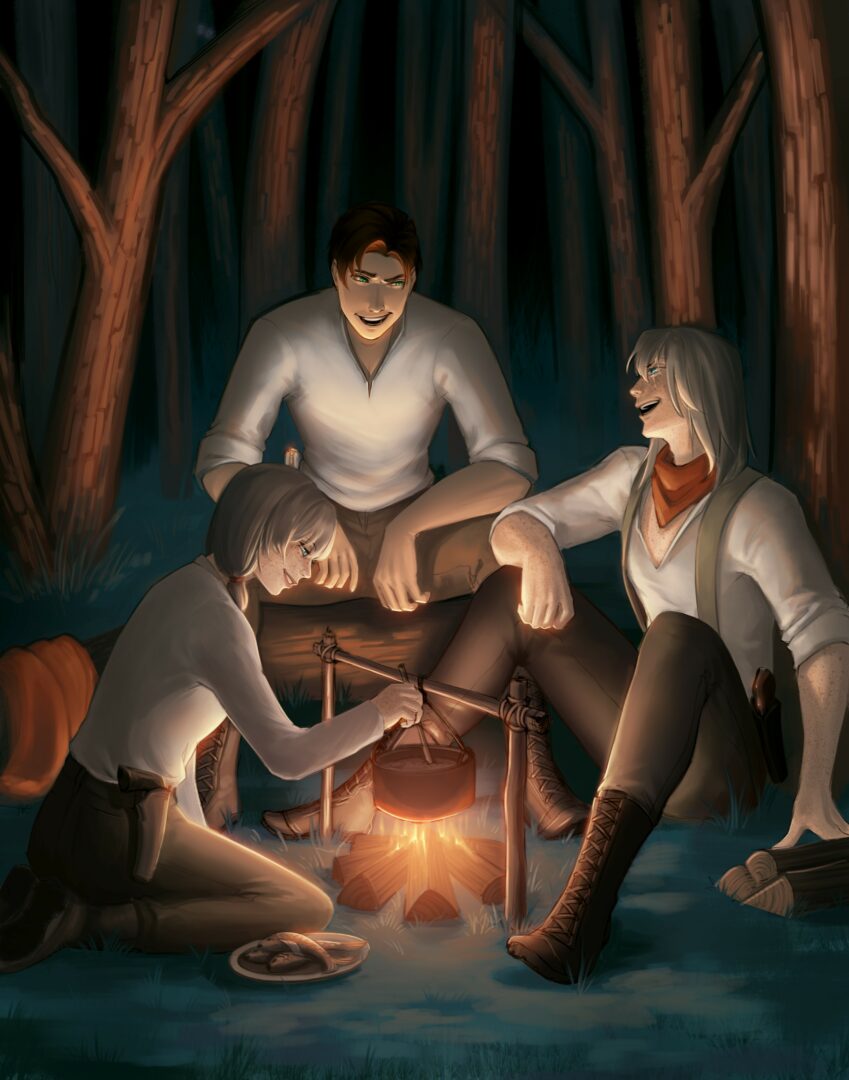
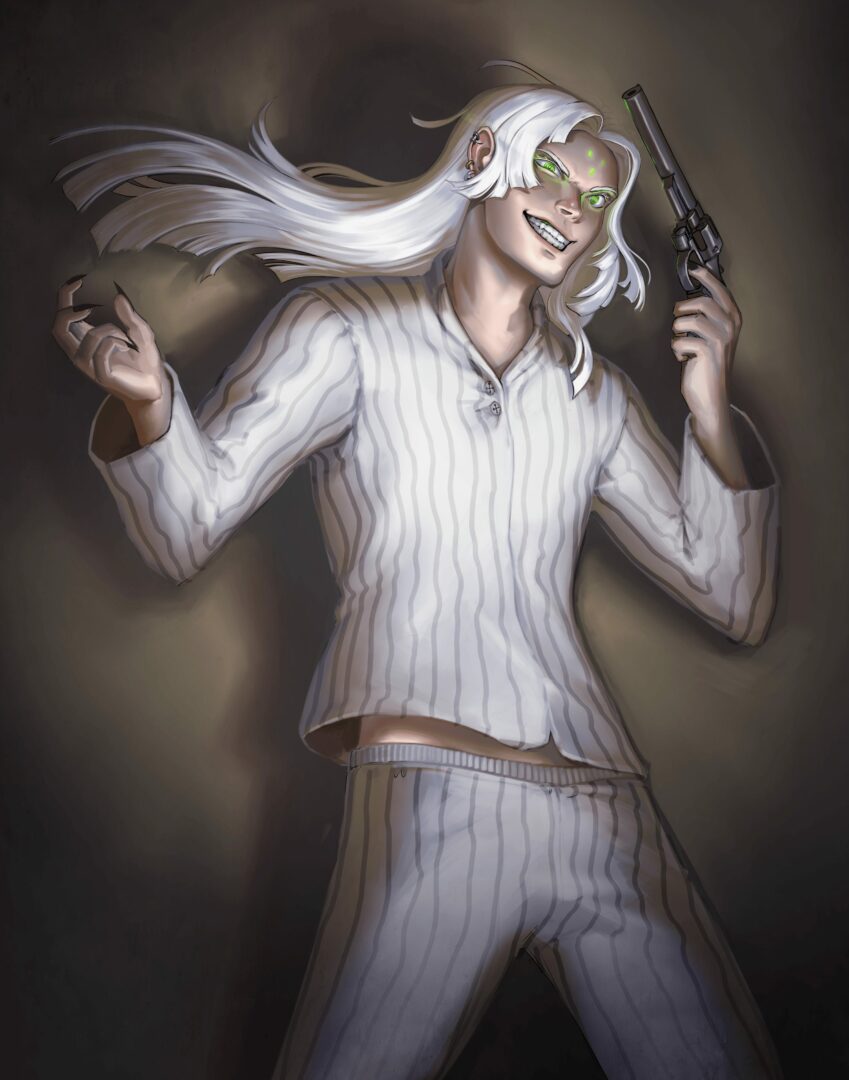
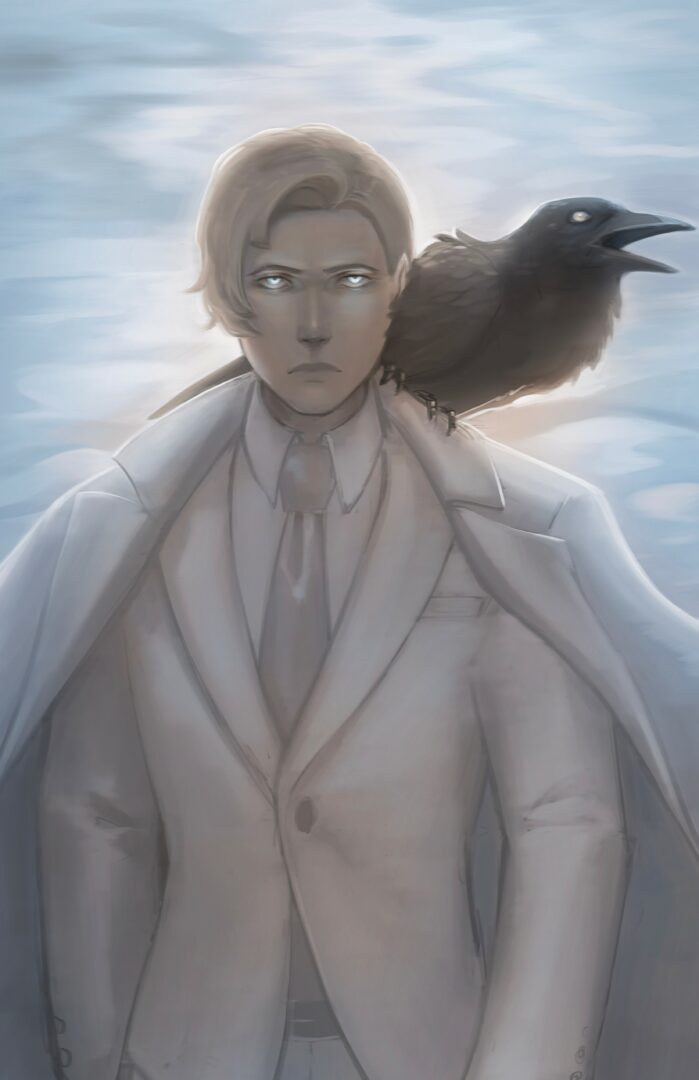
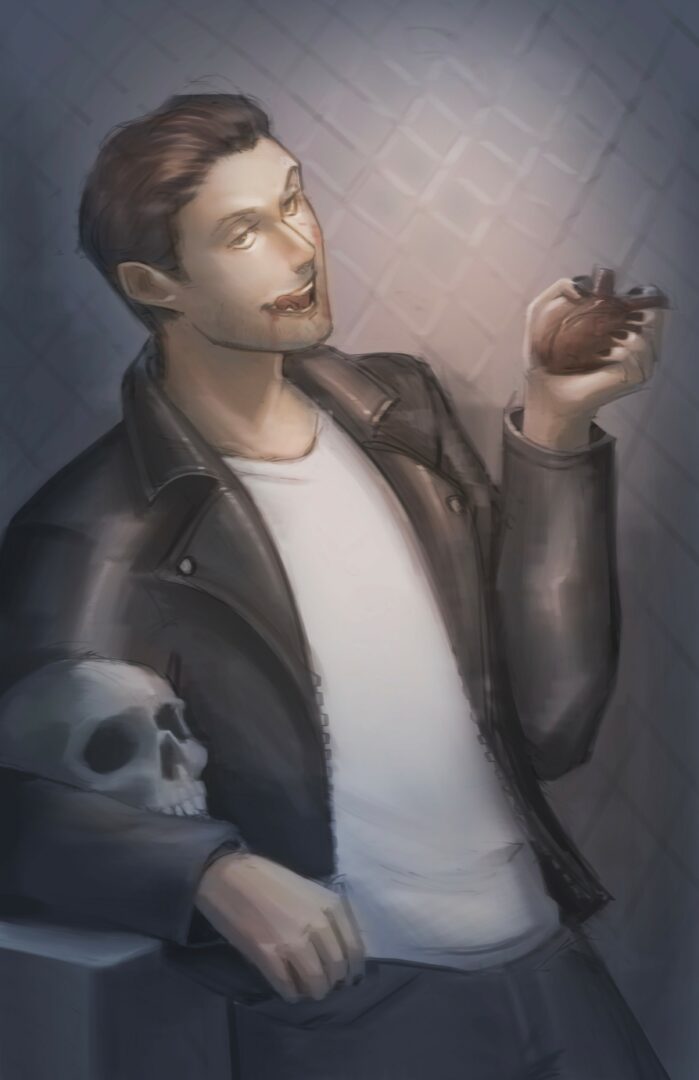
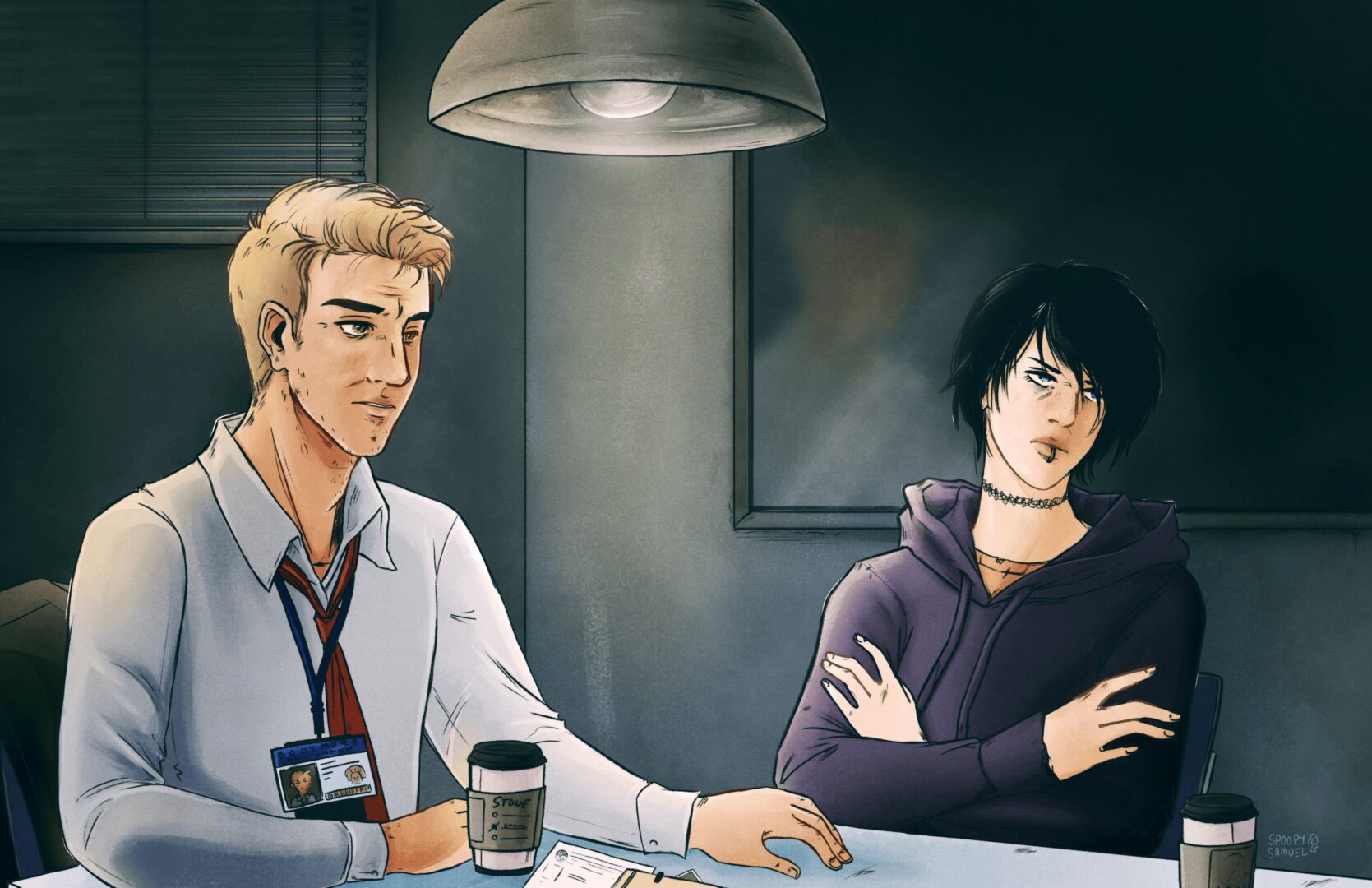
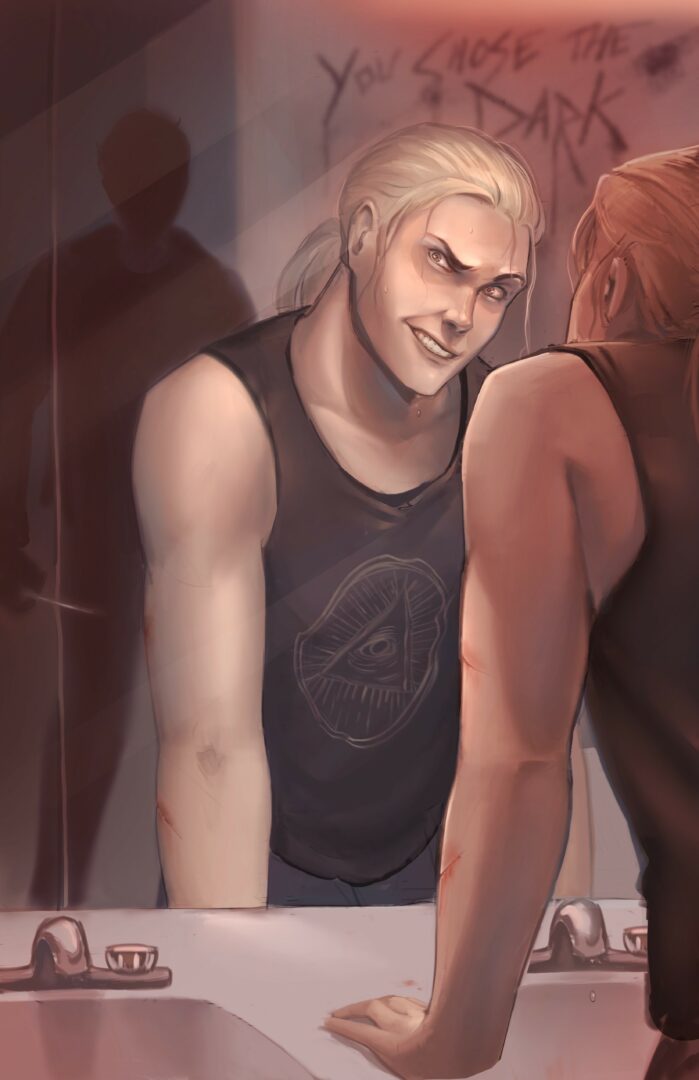
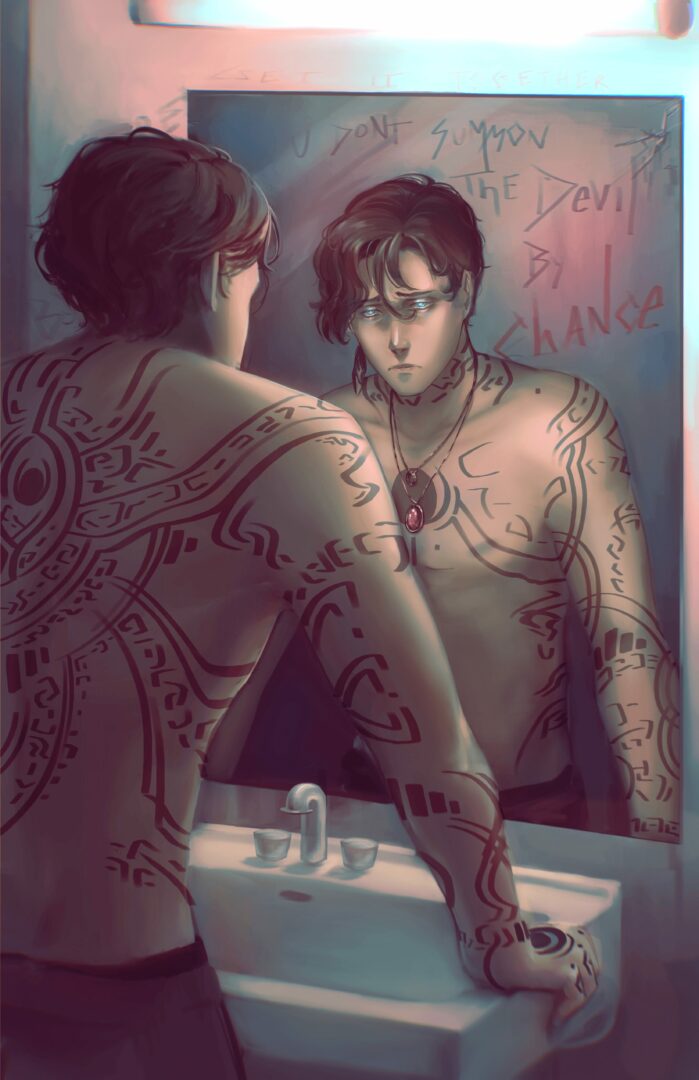
Image Credits
Inessa Burnell
Sam Johnson
so if you or someone you know deserves recognition please let us know here.

